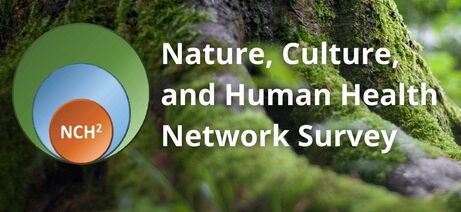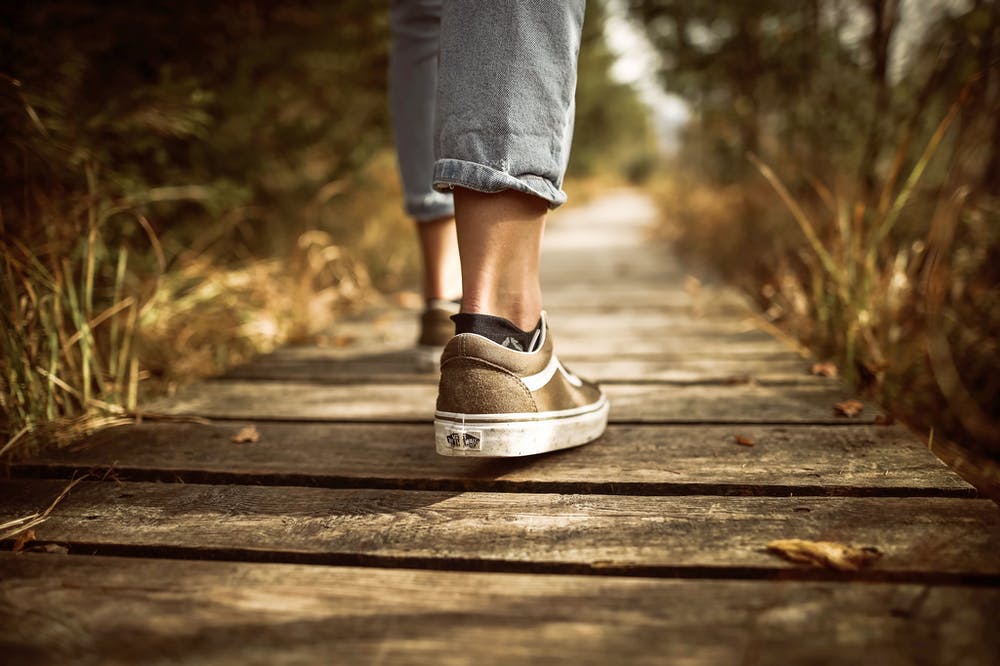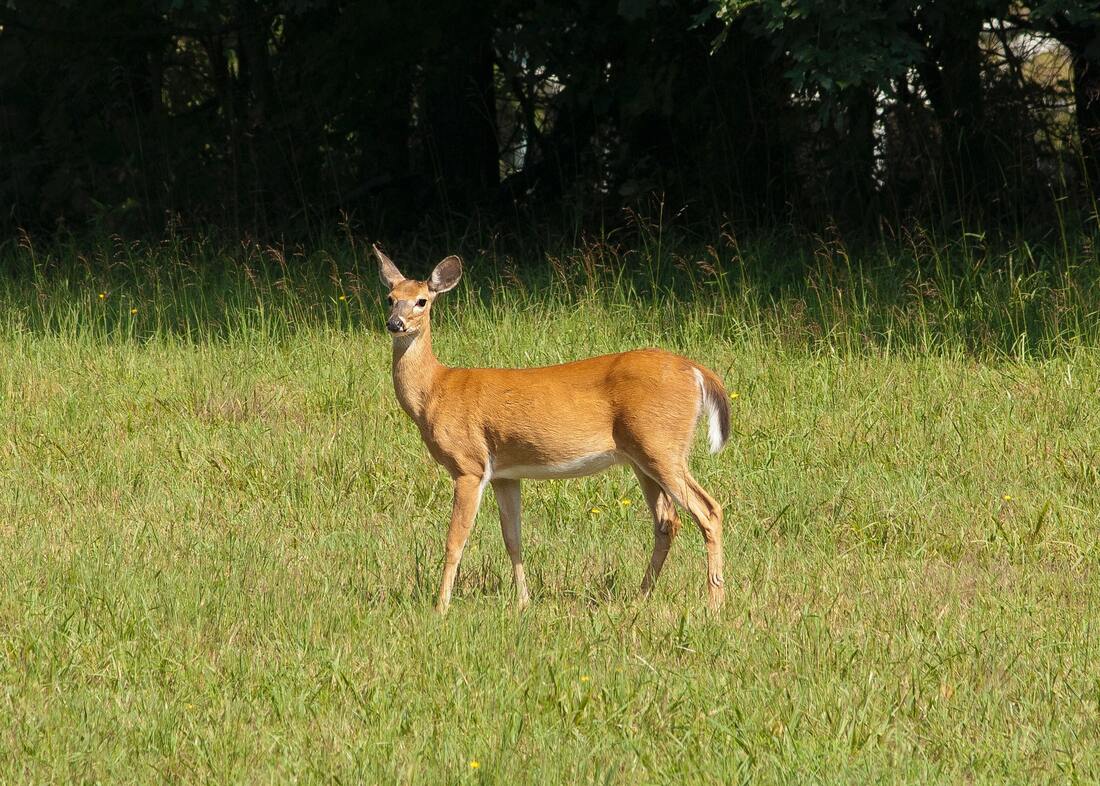Newsletter from Friday, January 15th, 2021
Dear NCH2 Community,
We hope you and your families are staying safe and well. Please submit materials for the next newsletter by January 25th, 2021 so we can make sure to include them. Submit items by emailing [email protected].
NCH2 Upcoming Activity Survey
|
This survey follows up on December’s NCH2 Coffee and Discussion. A PDF of the presentation by Catherine Game and Dani Abboud is attached. We then broke into discussion groups to brainstorm ideas about how NCH2 could contribute to building thriving and resilient communities. The survey seeks your input on which activities NCH2 should prioritize in the coming year(s).
Follow this link to our survey. |
Upcoming Events
|
DuPage Environmental Summit
Date: January 28th, 2021, 8:30 A.M. C.S.T. to Noon Location: Virtual Topic: Nature Rx: Using Nature to Improve Mental Health More information and registration link can be found here. |
Our annual DuPage Environmental Summit is planned for January 28th from 8:30am to Noon and will be held virtually this year for the safety of all. Our topic is Nature Rx: Using Nature to Improve Mental Health, which resonates with all of us during this extraordinarily trying year! Our speakers will share ways to engage with nature for the purpose of finding mental strength and balance.
|
The Nature Talks: Reconnecting People and Planet
Date: February 3-7, 2021. A five day online experiential gathering. Location: Virtual Click here to learn more! |
Participate in a rich, global conversation. Learn new tools to add to your nature connection skill set. Explore ways to adapt your nature based practice to the demands of our time. Forge new friendships and collaborations within a global community of like minded and like hearted people.
|
Reimagining Healthy Communities for People and Nature with Dr. Carolyn Finney
Date: February 17, 2021. 2-3:30 P.M. CST Location: Virtual Click here to register. |
Join the conversation with Dr. Carolyn Finney, author of the best-selling book Black Faces, White Spaces: Reimagining the Relationship of African Americans to the Great Outdoors. as she helps Chicago Wilderness define a new vision of conservation that can carry us into the future and involve the participation of all people. Dr. Finney’s talk will be followed by a conversation facilitated by Dr. Kristen Voorhies of the U.S. Fish & Wildlife Service.
In the News
|
Walking in Nature Really Can Ease Your Mind, Small Study Reveals.
A stroll in the city is no walk in the park. A small psychology study suggests urban environments can slow your step and possibly increase your mental load. An amble through nature, on the other hand, appears to ease your mind and quicken your pace. The findings support the idea that natural settings are mentally therapeutic, potentially reducing cognitive fatigue and improving reaction times straight away. Click here to read more. |
|
People are increasingly turning to nature to cope with the pandemic and improve their wellbeing
As social activity is reduced and stress is running high, nature seems to be offer valuable support for mental wellbeing, a new Canadian study finds. This was especially the case among women and unemployed workers, who spent more time, taking walks, doing outdoors activities, and watching wildlife. Read more here |
Papers of the Month:
Overview:
Growing urbanisation is a threat to both mental health and biodiversity. Street trees are an important biodiversity component of urban greenspace, but little is known about their effects on mental health. Here, we analysed the association of street tree density and species richness with antidepressant prescribing for 9751 inhabitants of Leipzig, Germany.
Citation:
Marselle, M. R., D. E. Bowler, J. Watzema, D. Eichenberg, T. Kirsten and A. Bonn (2020). "Urban street tree biodiversity and antidepressant prescriptions." Sci Rep 10(1): 22445. https://www.ncbi.nlm.nih.gov/pubmed/33384426.
Overview:
Nature experiences have been shown to promote physical, emotional, mental and overall health. However, low-income youth often face inequities in access to nature. The purpose of this study was to evaluate the impact of a 15-week nature-based education (NBE) intervention on health-related quality of life (HRQoL) of low-income youth.
Citation:
Sprague, N. L. and C. C. Ekenga (2021). "The impact of nature-based education on health-related quality of life among low-income youth: results from an intervention study." Journal of Public Health. https://doi.org/10.1093/pubmed/fdaa243.
Check out our Recent Research Page for more peer-reviewed articles of interest!
Happy reading!
Overview:
Growing urbanisation is a threat to both mental health and biodiversity. Street trees are an important biodiversity component of urban greenspace, but little is known about their effects on mental health. Here, we analysed the association of street tree density and species richness with antidepressant prescribing for 9751 inhabitants of Leipzig, Germany.
Citation:
Marselle, M. R., D. E. Bowler, J. Watzema, D. Eichenberg, T. Kirsten and A. Bonn (2020). "Urban street tree biodiversity and antidepressant prescriptions." Sci Rep 10(1): 22445. https://www.ncbi.nlm.nih.gov/pubmed/33384426.
Overview:
Nature experiences have been shown to promote physical, emotional, mental and overall health. However, low-income youth often face inequities in access to nature. The purpose of this study was to evaluate the impact of a 15-week nature-based education (NBE) intervention on health-related quality of life (HRQoL) of low-income youth.
Citation:
Sprague, N. L. and C. C. Ekenga (2021). "The impact of nature-based education on health-related quality of life among low-income youth: results from an intervention study." Journal of Public Health. https://doi.org/10.1093/pubmed/fdaa243.
Check out our Recent Research Page for more peer-reviewed articles of interest!
Happy reading!






